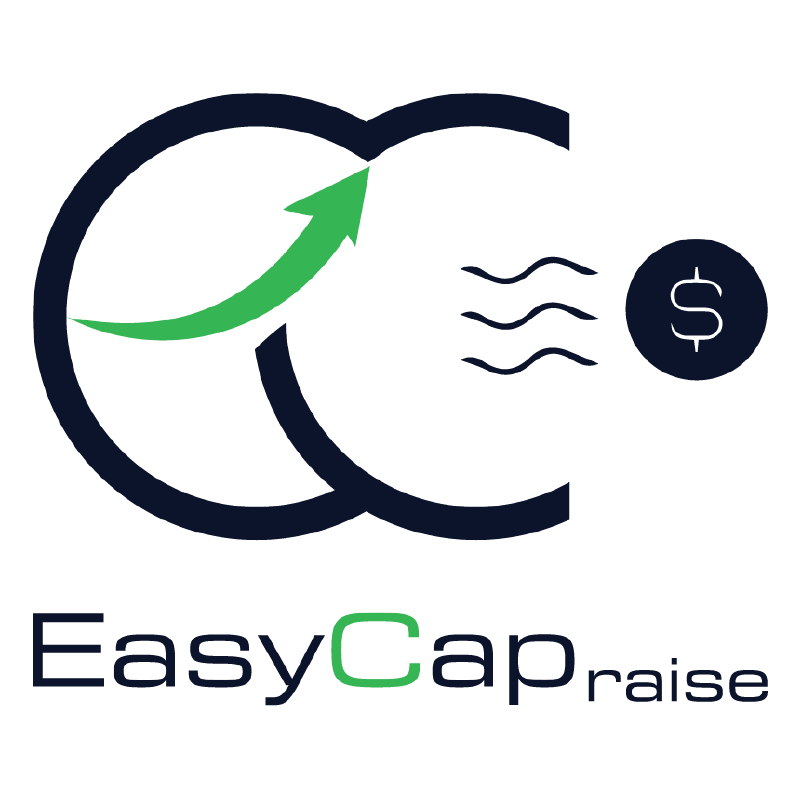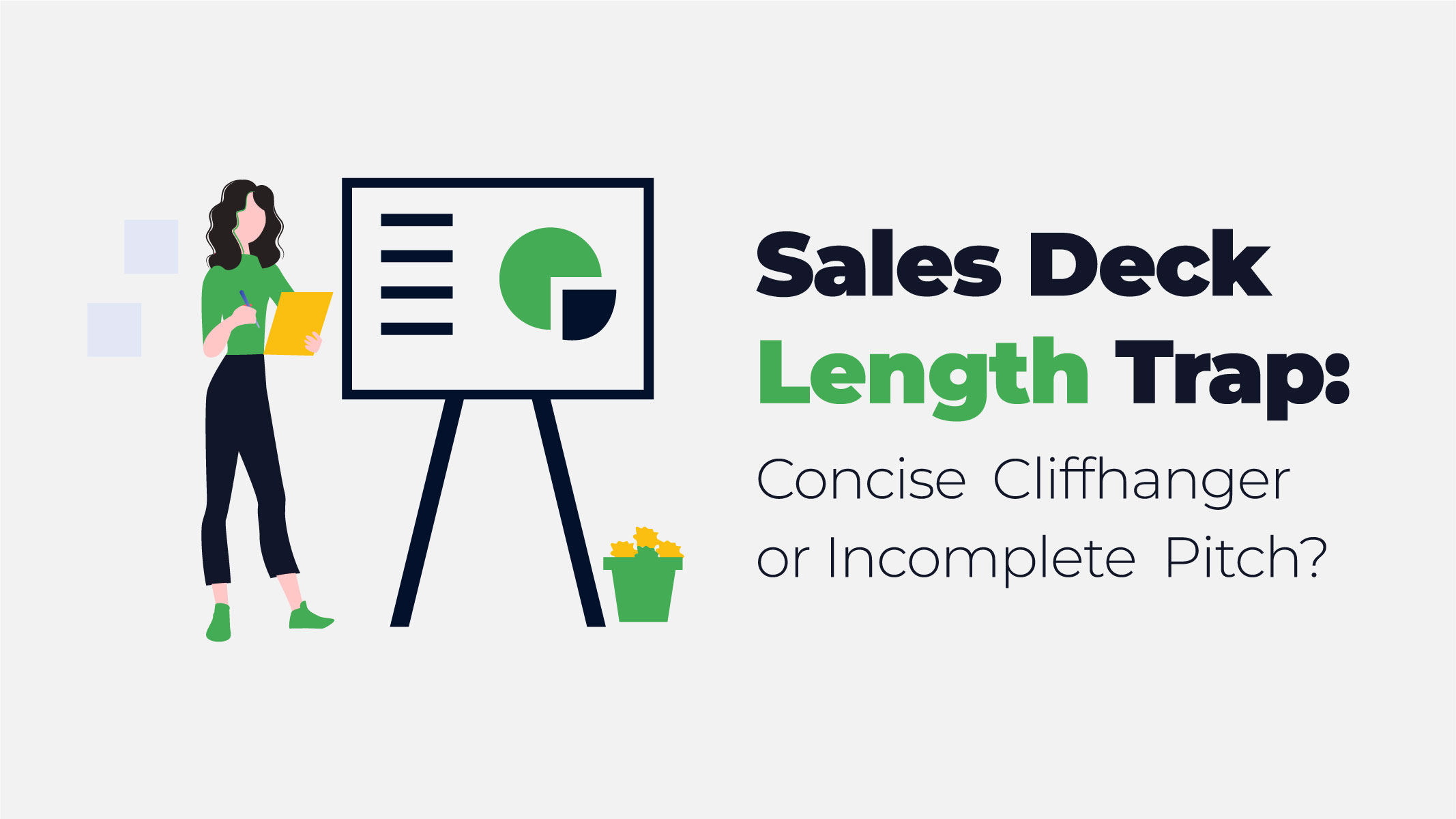The Anatomy of a Successful Sales Deck: Elements You Need to Include
[read_meter]
In the competitive world of business, making a lasting impression on potential clients is crucial for success. One powerful tool that can help you achieve this is a well-crafted sales deck. A sales deck is a visual presentation that outlines your products or services, communicates your value proposition, and persuades your audience to take action. In this article, we will explore the essential elements of a successful sales deck and how to create one that leaves a lasting impact on your prospects.
What is a Sales Deck?
A sales deck is a persuasive presentation used by sales professionals to showcase their offerings and engage with prospects. It typically consists of slides that highlight key information, statistics, customer testimonials, and other relevant visuals. The main purpose of a successful sales deck is to communicate your brand’s value proposition and persuade potential customers to make a purchasing decision.
Importance of a Successful Sales Deck
Having a well-designed and thoughtfully successful sales deck is critical for several reasons. Firstly, it serves as a powerful tool to introduce your brand to potential clients and investors. Secondly, it allows you to present information in a clear and concise manner, ensuring that your audience understands the value you bring to the table. Finally, a compelling sales deck can differentiate your business from competitors, making you stand out in a crowded marketplace.
Understanding Your Audience
Before you start crafting your successful sales deck, it is essential to understand your target audience thoroughly. By knowing your potential customers, you can tailor your presentation to address their specific needs and pain points effectively.
Identifying Your Target Customers
Begin by defining your ideal customer profile. Determine their demographics, interests, and pain points. This information will guide you in tailoring your sales pitch to resonate with your target audience.
Addressing Customer Pain Points
To be effective, your sales deck should focus on addressing the pain points of your potential customers. Identify their challenges and offer solutions that demonstrate how your products or services can alleviate their problems.
Structuring Your Sales Deck
A well-structured sales deck can keep your audience engaged and interested throughout the presentation. Here are the essential elements to include:
The Opening Slide
The opening slide is your chance to make a strong first impression. Use a captivating headline and visuals that represent your brand identity. It should pique the audience’s interest and make them curious to learn more.
Telling Your Story
A compelling sales deck tells a story that resonates with the audience. Use real-life examples, case studies, and anecdotes to create an emotional connection. Storytelling helps make your brand more relatable and memorable.
Using Data and Statistics
Support your claims and offerings with data and statistics. Numbers add credibility to your presentation and help build trust with your prospects.
Customer Testimonials
Incorporate positive customer testimonials that highlight the success and satisfaction of your existing clients. Testimonials serve as social proof and reinforce the credibility of your brand.
Presenting Your Product or Service
Clearly and concisely present your products or services. Focus on the benefits they provide and how they address the specific needs of your target audience.
Pricing and Packages
Be transparent about your pricing structure and various packages. Clearly outline what each package offers and the associated costs.
The Call to Action
End your successful sales deck with a compelling call to action (CTA). Encourage your prospects to take the next step, whether it’s scheduling a meeting, signing up for a trial, or making a purchase.
Design and Visuals
The visual appeal of your successful sales deck is crucial for maintaining your audience’s interest. Use these tips for an effective design:
Creating a Professional Look
Ensure your sales deck follows your brand’s visual identity. Use consistent colors, fonts, and imagery to create a cohesive and professional look.
Using Visuals Effectively
Incorporate visuals that support your message and complement your content. Avoid clutter and use high-quality images, infographics, and charts to convey information clearly.
Tips for an Engaging Presentation
Delivering a successful sales deck presentation can significantly impact its effectiveness. Consider these tips to captivate your audience:
Be Confident and Authentic
Confidence and authenticity are key to building trust with your audience. Speak clearly, maintain eye contact, and show enthusiasm for your offerings.
Encourage Interaction
Engage your audience by encouraging questions and interactions during your presentation. Address their queries promptly to foster a sense of involvement.
Practice and Rehearse
Practice your sales deck presentation multiple times to ensure a smooth delivery. Rehearsing helps you become more comfortable with the content and boosts your confidence.
Measuring Success
After delivering your sales deck, it’s essential to measure its effectiveness and make improvements for future presentations.
Setting Metrics and Goals
Establish measurable metrics and goals to track the success of your sales deck. These may include conversion rates, deal closures, and customer feedback.
Analyzing Performance
Regularly review the performance of your sales deck and identify areas for improvement. Analyzing data and feedback can help refine your presentation and make it even more impactful.
Are you ready to take your capital raising efforts to new heights? Let Easy Capraise be your guide to success! Discover the essential elements for a successful sales deck that will help you close more deals and attract the right investors. Learn how to craft a compelling story, present data effectively, and deliver an engaging presentation that leaves a lasting impression. Elevate your capital-raising game with Easy Capraise and unlock the potential of your business today!
FAQs
What is a sales deck?
A sales deck is a persuasive presentation used by sales professionals to showcase their offerings and engage with prospects. It comprises slides that highlight essential information, statistics, customer testimonials, and relevant visuals. The primary purpose of a successful sales deck is to communicate a brand’s value proposition and persuade potential customers to make a purchasing decision.
Why is having a successful sales deck important?
A well-designed and thoughtfully crafted sales deck is crucial for several reasons. Firstly, it serves as a powerful tool to introduce your brand to potential clients and investors. Secondly, it enables you to present information clearly and concisely, ensuring that your audience grasps the value you bring. Lastly, an effective sales deck can differentiate your business from competitors, helping you stand out in a competitive market.
Conclusion
A successful sales deck is a powerful tool for engaging potential customers and driving business growth. By understanding your audience, structuring your content effectively, and delivering an engaging presentation, you can create a sales deck that leaves a lasting impact on your prospects.
Contact us
Good to have you here! If you have any queries, please leave your message. Our team will reach out soon:)
.








